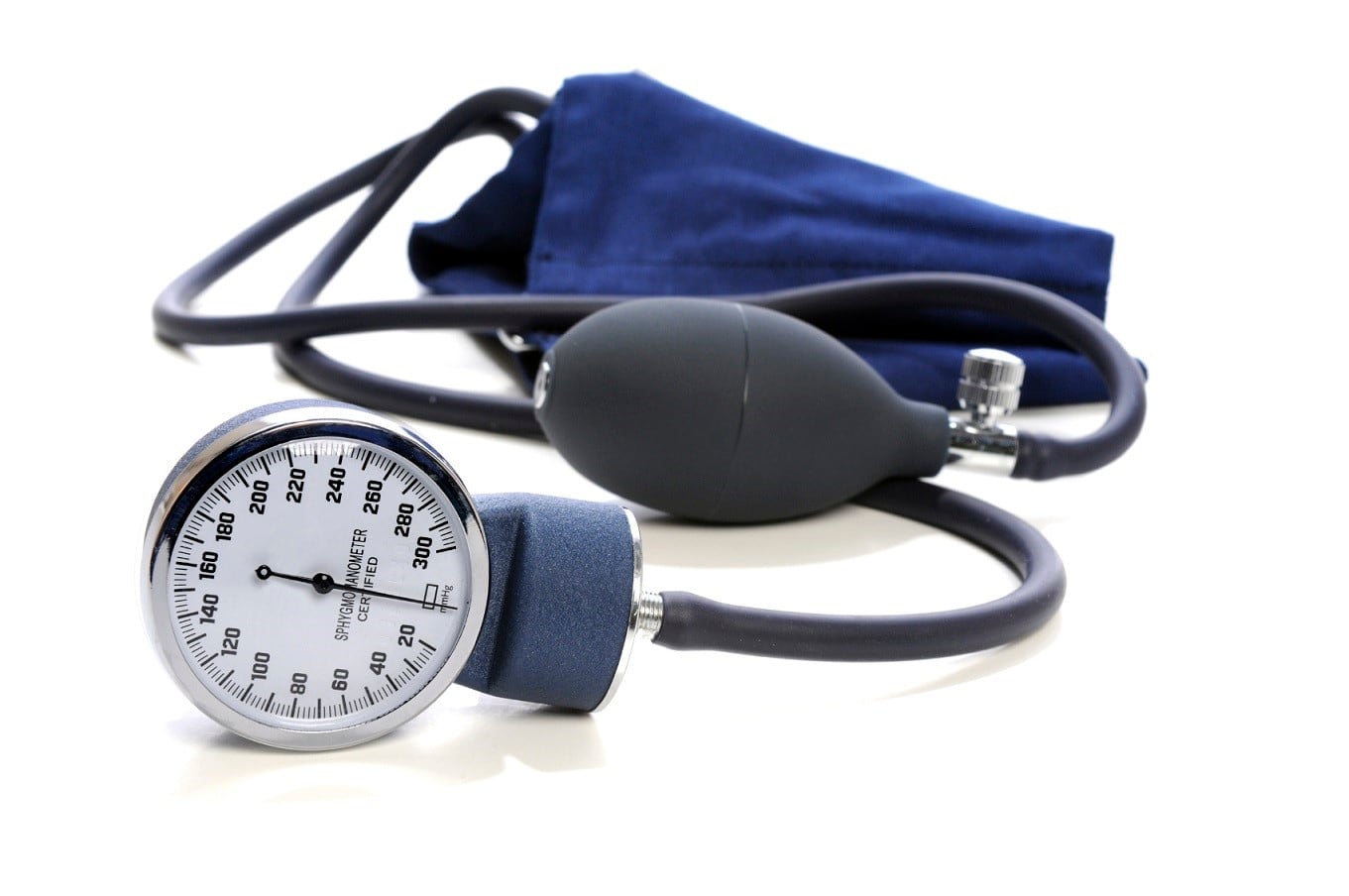Data from 312 healthy men and women indicated that 0.7 grams of EPA + DHA per day for eight weeks was associated with a 5.20 mmHg reduction in systolic blood pressure, while a daily dose of 1.8 grams of EPA + DHA reduced systolic blood pressure by about 5.3 mmHg.
“Our main finding is that intakes of EPA+DHA, achievable through the consumption of 2–3 portions of oily fish/wk or 2 fish oil capsules/d, reduced systolic blood pressure by 5 mm Hg in those with [isolated systolic hypertension]. Such a reduction in BP would be associated with an approximate 20% reduction in CVD risk in middle age,” wrote researchers from the Universities of East Anglia, Reading, Southampton, Glasgow, and Newcastle in the Journal of Nutrition.
Further evidence
Commenting independently on the study, Harry Rice, PhD, VP of regulatory & scientific affairs for the Global Organization for EPA and DHA Omega-3s (GOED), told us: “Results from this study provide further evidence of the cardiovascular benefits of fish oil. While this study focused on systolic hypertension, last year a GOED-commissioned meta-analysis (70 RCTs) found that EPA+DHA lowered blood pressure in untreated hypertensive subjects by a mean of 4.5 mm Hg for systolic blood pressure and a mean of 3.0 mm Hg for diastolic blood pressure.”
The GOED-commissioned meta-analysis formed the basis of a petition to the FDA for a qualified health claim for omega-3s and blood pressure filed by GOED in 2014. Adam Ismail, Executive Director of GOED, told us recently that the FDA is still reviewing the petition, and the organization is optimistic that the evidence is convincing that EPA and DHA help maintain a healthy blood pressure.
“It’s a very large body of evidence,” said Ismail. “We’ve meta-analyzed it, and when you meta-analyze it you see a very clear effect. Meta-analyses tend to drive the effect out of a study, it’s actually very positive that you see it there because it’s much more likely that there is a real benefit.”
Study details

The researchers performed a retrospective analysis from a randomized controlled trial conducted at multiple sites involving over 300 healthy adults to assess the effects of EPA and DHA on blood pressure. The study used two doses of the omega-3s: 0.7 or 1.8 g EPA + DHA, which are significantly lower than the doses used in the majority of other RCTs looking at omega-3s and blood pressure (many used doses over 3 grams per day).
Results showed that, while no benefits were observed for the overall cohort, a significant effect was reported when the data focused on people with hypertension. In those people, the fish oil supplements were associated with a 5 mmHg reduction in systolic blood pressure (SBP).
“In the United Kingdom and the United States, about 30% of adults have high blood pressure (defined as being hypertensive or being treated with antihypertensive medications). In those without relevant comorbidities, the threshold for drug treatment is a sustained SBP [greater than or equal to] 160 mm Hg and/or a DBP [greater than or equal to] 100 mg Hg. As a result, in the United Kingdom, approximately half of men and one-third of women with hypertension remain untreated despite compelling evidence of continuous associations between usual BP values down to 115 mm Hg (SBP) and 75 mm Hg (DBP) and the risks of major CVDs ,” wrote the researchers.
“Our data suggest that increased long-chain n–3 PUFA intakes (of only 0.7 g/d, providing about 0.3 g EPA and 0.4 g DHA) may be an effective strategy for BP control in this large population subgroup.”
Source: Journal of Nutrition
Published online ahead of print, doi:10.3945/jn.115.220475
“Consumption of Fish Oil Providing Amounts of Eicosapentaenoic Acid and Docosahexaenoic Acid That Can Be Obtained from the Diet Reduces Blood Pressure in Adults with Systolic Hypertension: A Retrospective Analysis”
Authors: A.M. Minihane, et al.

